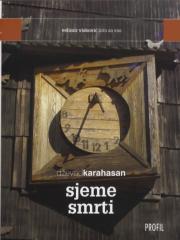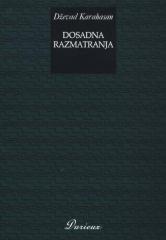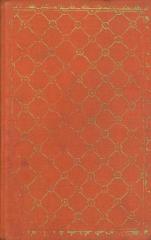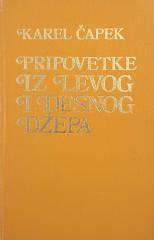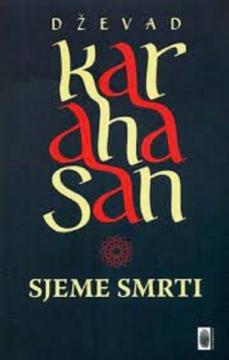
Sjeme smrti
In seinem Roman „Die Saat des Todes“ (dem ersten Teil der Trilogie über Omar Khayyam) erschafft Dževad Karahasan ein vielschichtiges historisches Fresko des 12. Jahrhunderts, das sich auf die intime Welt des persischen Mathematikers, Astronomen und Dichte
Der Roman beginnt mit dem Satz: „Es gibt Tage, die nicht hätten anbrechen sollen“, der den Fatalismus einer Ära heraufbeschwört, in der die Saat für die Übel der Moderne – Terrorismus, Fundamentalismus und geopolitische Intrigen – gesät wird.
Khayyam, ein brillanter, aber einsamer Intellektueller, lebt in Nischapur unter den Seldschuken-Sultanen. Dort erlebt er den Niedergang des arabischen Reiches, die Ankunft der Kreuzfahrer und den Konflikt zwischen Sunniten und Schiiten. Als Hofastrologe und Dichter bewegt er sich in den Intrigen des Hofes: Der Wesir des Sultans, Nizam al-Mulk, sein Freund und Rivale, manipuliert die Macht, während Hasan-i Sabbah, der Gründer der Assassinen, durch Attentate und Fanatismus den Samen des Terrors sät. Khayyams Liebe zu seiner Frau Fitna, einer Tänzerin und Mystikerin, wird zum Anker im Chaos – ihre erotische und spirituelle Beziehung steht im Kontrast zur brutalen Politik, in der Macht hinter Macht verborgen ist und das Gesetz Rituale manipuliert.
Anhand von Khayyams Tagebuch und Visionen erkundet Karahasan Themen wie die Grenzen von Vernunft und Glaube, Fatalismus versus freier Wille und Kunst als Widerstand gegen Gewalt. Der Roman, mit präzisen historischen Hintergründen (Kalenderreform, Assassinenorden), analysiert, wie moderne Konflikte in jener Zeit ihren Ursprung fanden – vom Orientalismus bis hin zu Terrornetzwerken. Als Allegorie des Nahen Ostens feiert „Der Samen des Todes“ Khayyams Rubaiyat als Hymne an die Vergänglichkeit: „Das Leben ist ein Traum, und der Tod ist ein Erwachen.“ Fortsetzungen: „Der Trost des Nachthimmels“ und „Der Duft der Rose“.
Angeboten wird ein Exemplar
